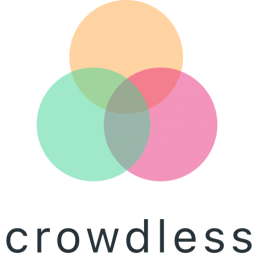Community Ambassador Blog: Sandiswa Mapukata - Observing social distancing in South Africa; a privilege for the few
by: Sandiswa Mapukata, Campaigner for Social Justice and Sustainable Urban Development Researcher, Johannesburg, South Africa
@Sandiswa_17
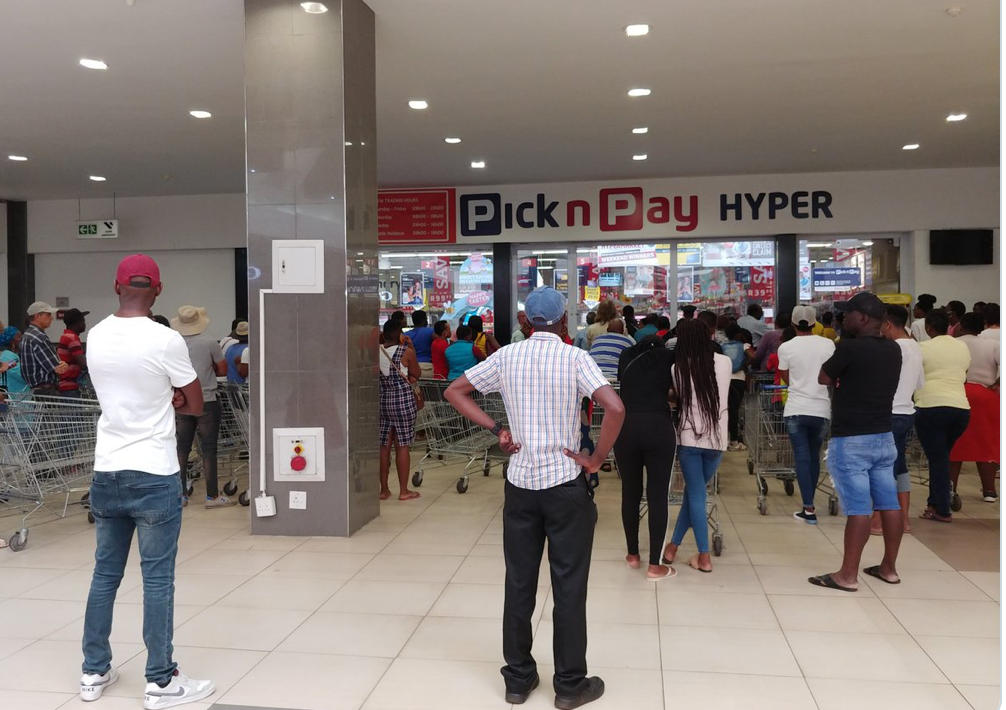
I am a young South African working for an urban research institute based in Johannesburg. I am incredibly passionate about social justice and sustainable urban development.
In early March 2020, I received the wonderful news that I had received an offer for the LSE’s MPhil/PhD programme in Human Geography and Urban Studies. At that stage, I had not yet secured funding but I was not worried as I knew that I had more than enough time to secure some. Within three weeks, my plans for 2020 were upended as the first case of COVID-19 coronavirus was reported in South Africa. By the end of March 2020, South Africa’s president Cyril Ramaphosa had put in place a nationwide lockdown severely restricting movement and trade. This was initially meant to last for three weeks.
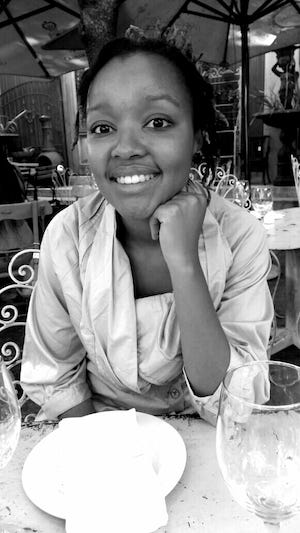
We are now more than two months into the lockdown with our government gradually easing us back into whatever normality is possible. I have accepted that I may have to defer my entry into the programme by another year which has been disappointing but understandable given the circumstances.
I think our government has done an amazing job but there have been some flaws with the drafting and implementation of some of the lockdown regulations. With the gradual reopening of the South African economy, there has been a worry around increased exposure to COVID-19. South Africa has yet to reach its peak of COVID-19 infections and related deaths. We are expected to reach the peak of our infections in late August/ early September. However, our government has largely succeeded in buying enough time to manage the anticipated caseload through our already strained healthcare system.
People who reside outside of middle-class areas will struggle to observe social distancing
Given South Africa’s socio-spatial history, people based in middle-class areas are better placed to practice social distancing than those who are not located in these areas. People based in townships and informal settlements (who constitute most of South Africa’s essential workers) find it more difficult to practice social distancing and often have to risk their health to take public transport to their jobs in supermarkets based in more privileged areas.
Shopping in the middle-class Capetonian suburb in which I am currently based, has been relatively easy. It has been fairly easy to practice social distancing whilst accessing essential items. The supermarkets in my area have been consistent with practicing social distancing. A set number of people are allowed into the supermarket and once that number has been exceeded then individuals have to stand outside in a queue. Once you get to the front of the queue, a security guard disinfects your trolley and offers you some hand sanitizer before you enter.
How Crowdless can help
I first heard about the Crowdless on Twitter. At the time, South Africa had just started its nationwide lockdown so I was really happy to hear about the existence of an app that would allow me to practice social distancing whilst getting essential goods.
Another reason why I was drawn to the app was because I was interested in how the app may assist people who live in marginalised areas to practice social distancing. It is important to note that with apartheid-era spatial design, individuals who don’t live in areas that were historically designated for white people are more likely to struggle with social distancing because their spaces were not designed to enable social distancing.
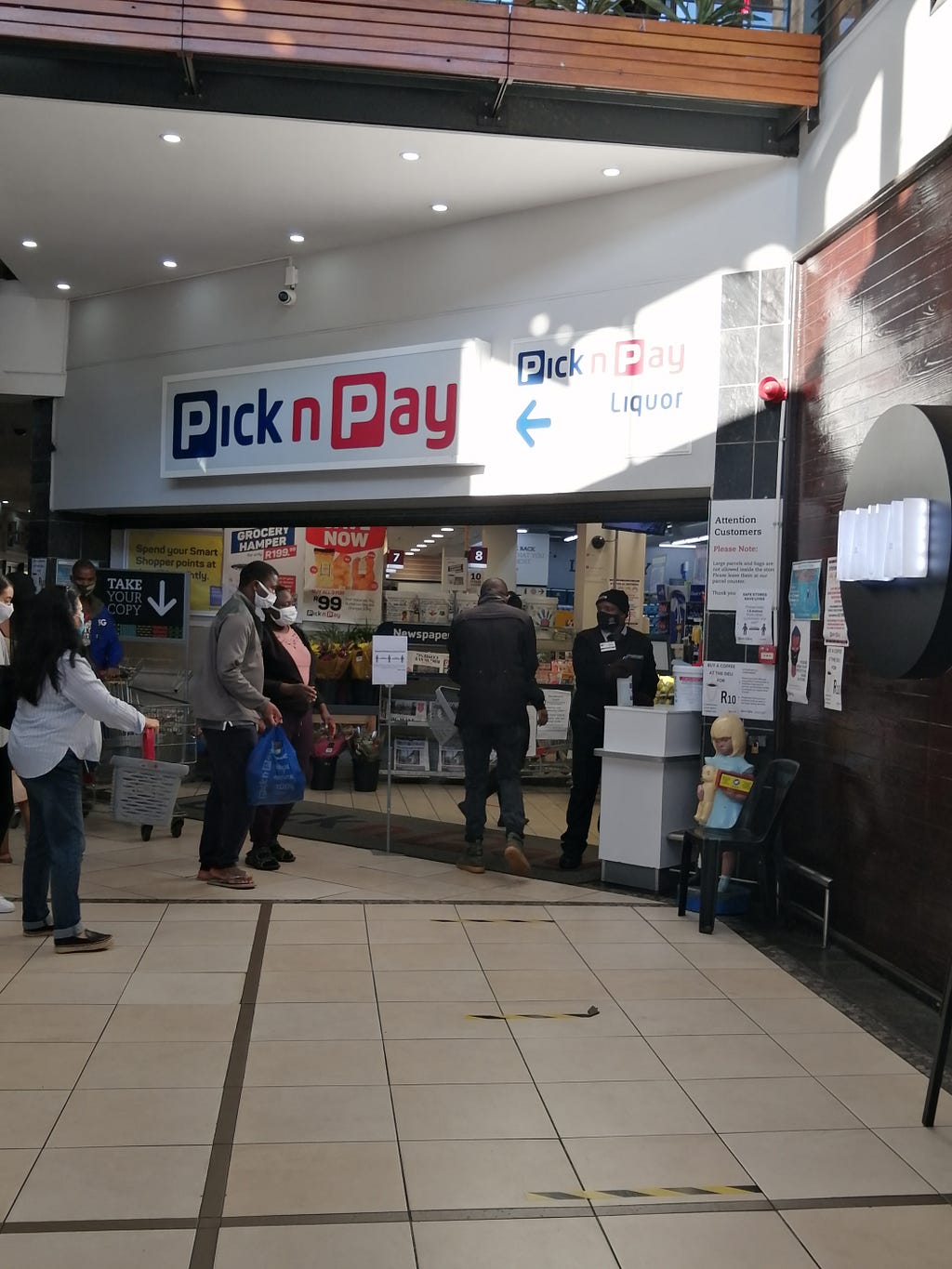
As the lockdown progressed, it became apparent that informal settlements and townships had become hotspots for police brutality under the guise of enforcing social distancing. It was with this in mind that I became interested in understanding how an app like Crowdless could be used by informal settlement and township residents to protect themselves and their family members whenever they had to get essential items from supermarkets.
This interest was the primary motivator behind my signing up to become a Crowdless Ambassador. Currently, I am busy engaging with various individuals who may be able to promote the use of the app on a wider scale. I do hope that my role will grow to one where I play a key role connecting key stakeholders with the Crowdless team to facilitate discussions around how the Crowdless app may be used as a tool for social justice in the South African context.
It will also be great to have other ambassadors on the ground promoting the app within several South African communities. An app like Crowdless will serve an important role in helping South Africans to reduce their exposure to COVID-19. One way the app will assist is through the feature which enables users to provide live updates of the busyness of supermarkets. Being able to choose favourite stores is also a great feature which will empower users to find information related to the busyness of the stores which they mostly buy from.
I have also had conversations with members of the team around allowing users to provide information on whether a store has been closed due to staff members testing positive for COVID-19. I think that this is a critical feature which will empower South Africans to choose which supermarkets to go to as they try to keep themselves.
Download Crowdless on iOS or Android today: crowdlessapp.co/app.
Blog: Observing social distancing in South Africa; a privilege for the few. was originally published in Crowdless on Medium, where people are continuing the conversation by highlighting and responding to this story.
Stay safe, save time and avoid crowds with Crowdless
Physical distancing may be the ‘new normal’
As countries around the world begin easing lockdown restrictions, we’re all faced with the problem of how to interact responsibly with one another.
Physical distancing is still necessary to help mitigate the spread of the COVID-19 coronavirus. We’re told by health authorities that this may be something we need to get used to — that it’s part of a ‘new normal’. So, as people are allowed to move around more freely, we need better awareness of where crowds and queues are so that we can plan our movements more safely.
Spending hours in a queue may not be your only option
Plus, who likes queues at supermarkets anyway? At Crowdless, we have a community of over 60,000 users from all over the world who’ve been writing in and sharing their horror stories of queuing at supermarkets.
Here’s a photo from one of our users, showing a crowd waiting to enter a supermarket in Colombo, Sri Lanka:
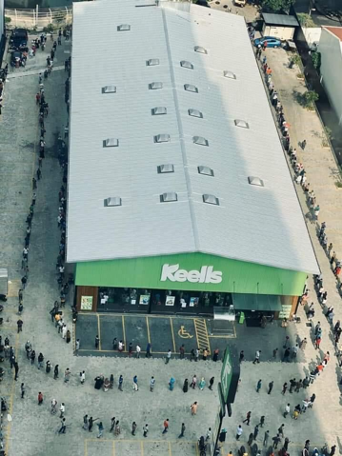
This was a problem even before this coronavirus pandemic struck. Prior to COVID-19, British people spent on average 5.5 hours a month waiting in lines[1]. Sure, the British love a good queue, but even they are now beginning to question the central role of queueing in British identity.[2] In fact, we surveyed our British users and only 15% of people say they would wait in a queue if they saw one.
With Crowdless, we’re providing a free tool to help you check how busy your local supermarkets are before you leave the house.
Get real-time information on how busy stores are so you can avoid crowds
With Crowdless, we’re providing a free tool to help you check how busy your local supermarkets are before you leave the house. This helps you choose a less busy time to visit or a less busy alternative. Not only can this help you save hours, it’s also a tool you can use to help you with social distancing and to stay safe.
Info from the community for the community
If there’s one thing we learned from lock-down, it’s that we’re all social creatures. It was difficult for many of us to go such a long period of time with minimal human interaction. Yet despite the barriers to physical interaction, we saw an upsurge in community sentiment. Communities were emerging virtually — through Zoom chats, WhatsApp groups, and online forums.
We heard stories from our volunteers about local communities creating WhatsApp groups to text each other information on how busy places are, so that vulnerable people could make better decisions about their movements. We heard stories from immuno-compromised people who relied on their friends and families to help them with the groceries.
We wanted to be a part of this community spirit, and to help magnify it. We know that the best information on how busy stores are comes directly from our community of users. They are the ones on the ground, experiencing things first-hand. We therefore launched our volunteer community ambassador program, which has seen people from over 12 different countries come together to brainstorm ways of improving the quality of our data and the coverage of stores. Together, we’re able to create a better app that helps people stay safe and save time.
We don’t compromise on privacy
Our team built this tool to help everyone out during these challenging times. There are no strings attached. We don’t charge you, and we don’t store or sell any of your personal data. In fact, we don’t even have a login screen so we don’t know who our users are. Data privacy is something we won’t compromise on.
So please stay safe, enjoy yourselves, and make your next visit to a supermarket Crowdless.
Download Crowdless on iOS or Android today: crowdlessapp.co/app.
Footnotes
[1] https://www.telegraph.co.uk/news/newstopics/howaboutthat/5052956/Britons-spent-six-months-queuing.html
[2] https://www.theguardian.com/commentisfree/2020/may/31/we-used-to-love-a-queue-but-that-was-before-the-pandemic
Stay safe, save time and avoid crowds with Crowdless was originally published in Crowdless on Medium, where people are continuing the conversation by highlighting and responding to this story.
